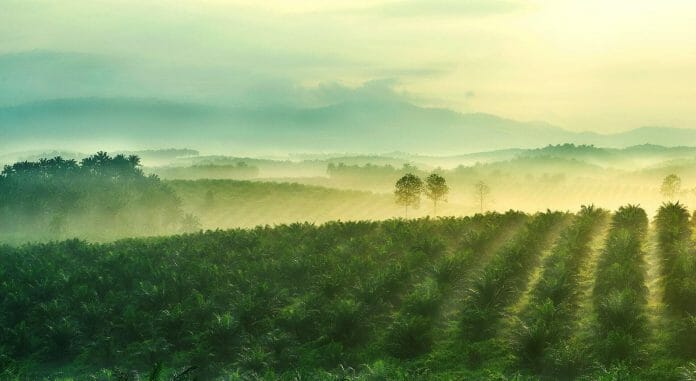The unsung heroes of the nation (and the world), today March 11, marks the 4th anniversary of COVID-19 pandemic.
Maybank Investment Bank Berhad (Maybank IB) pays tribute to the plantation sector that has contributed immensely during the pandemic.
While not undermining the sacrifices by the front-liners and others in the fight against COVID-19, this sector has played its part in ensuring food security, job security, and health security not just for the nation but the world over.
Despite rising cost challenges and falling output, the sector still made huge monetary contribution of >MYR23b over the past 4 years in various forms of direct and indirect taxes, and contributions.
>MYR23b in “social” contribution to the grateful for
Between 2020 and 2023, the plantation sector has contributed approx. MYR6.1b in windfall profit levy, MYR3.7b in export duties, MYR1.3b in MPOB CESS, MYR0.2b in Prosperity Taxes, >MYR6b in Sabah and Sarawak Sales Taxes (our back-of-the-envelope estimates), and easily >MYR6b in corporate income taxes and individual taxes (by the smallholders) to the Malaysian government.
The sector is said to be among the highest tax contributor in terms of total taxes (including windfall profit levy, export duties, CESS, and Sabah and Sarawak Sales Taxes, in addition to corporate taxes).
Monies collected by the government were channelled to (among others) nation building and running of many social programmes including free COVID vaccinations given to the people and cash handouts given to the needy during the pandemic.
Food & health security roles often taken for granted
Palm oil holds more than 50% market share in the global vegetable oils trade. Hence, its continuous availability is crucial to global food security as well as health security.
Throughout the pandemic, palm oil exports never stopped as the government allowed palm oil cultivation to proceed. Besides food use, the continuous availability of palm oil and palm products also meant there was the much-needed ingredients to make personal cares and cleaning products such hand wash, soap, laundry detergents, hand sanitisers, etc that the world desperately needed in its fight against the highly infectious COVID-19 virus.
Job security for the locals as well as guest workers
Many people lost their jobs at the start of the pandemic, and had to draw down their hard-earned life savings to make ends meet.
Prior to the pandemic, the sector has a strong workforce of 437,400 in Malaysia comprising local and guest workers. During the pandemic, the plantation sector was among the few granted special approval by the government to operate.
Social distancing at workplace was inherent in the estates given that one worker typically covers more than 10 hectares of estates, providing a naturally safe working environment.
Workers were even given free COVID vaccinations by their employers. At the height of the pandemic, outsiders had limited access to the staffs’ housing quarters and estate operations to ensure the safety of their workers and families.
While country borders were mostly closed initially, guest workers remained employed throughout and were paid decent wages (plus incentives) that allowed them to repatriate the much-needed income to provide for their families back home (presumably equally affected by the pandemic).









